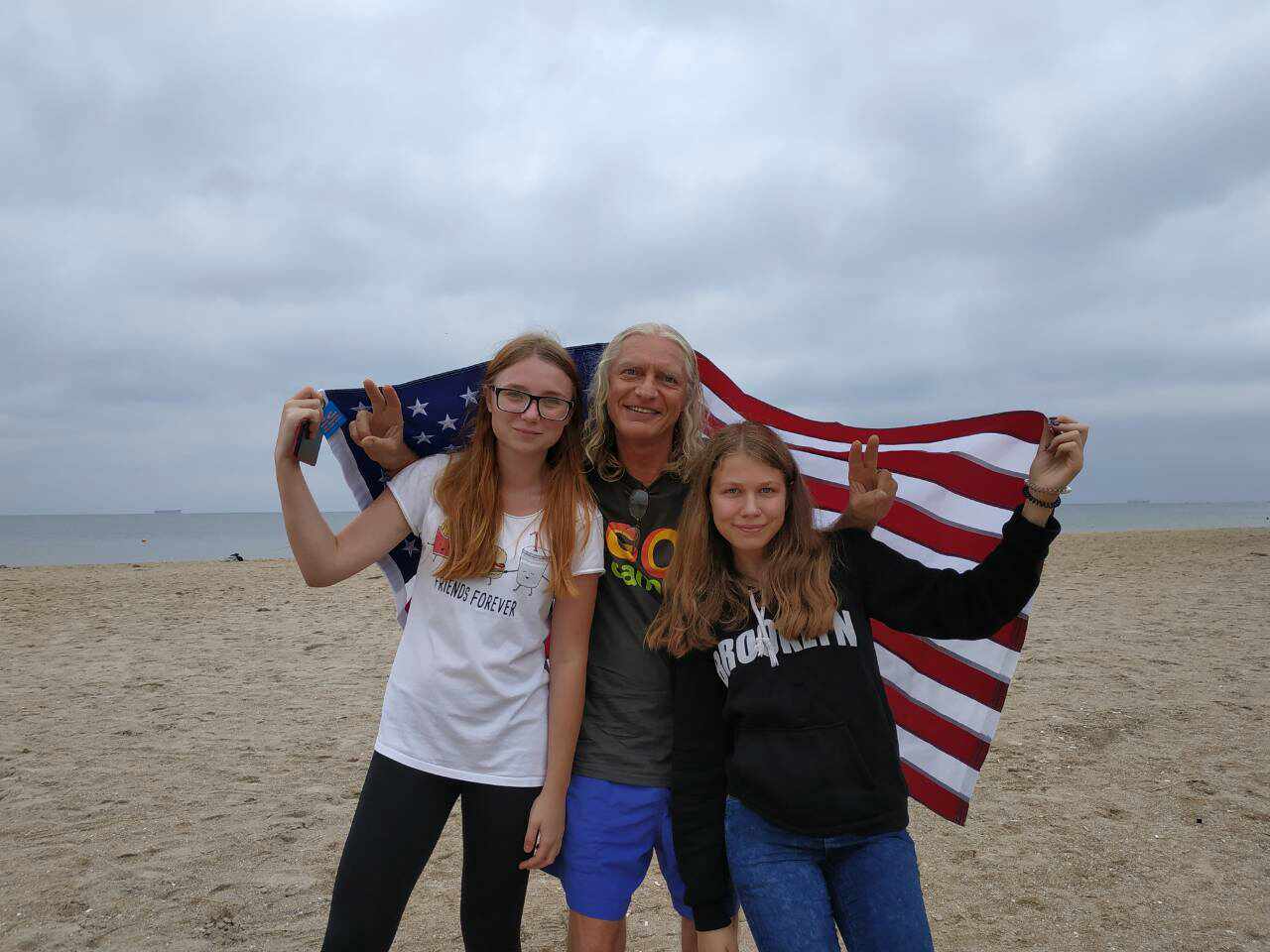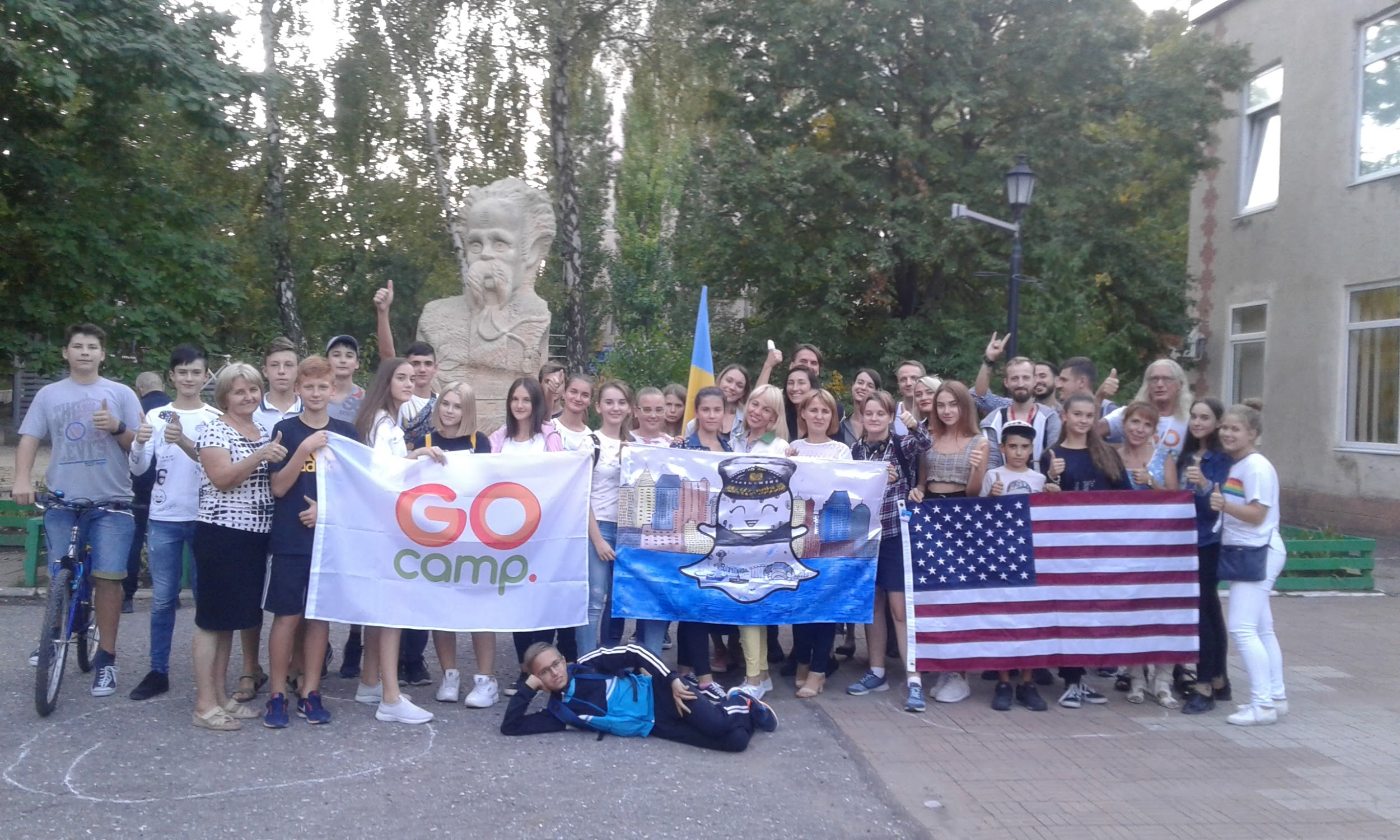“You will become real mentors and inspire thousands of children,” say the organizers.However, GoCamp often becomes a life-turning event not just for the kids. Terry Currie from the US is an experienced volunteer of the program. He says a revelation made him join. He still remembers the words he heard in his spirit when he was visiting the Kyiv Pechersk Lavra, a major monastery in the capital of Ukraine. It said that if God places children near you, make them smile. Just after, Currie and his friends saw the call for the program.

“Witnessing firsthand the physical evidence of the damage, carnage, and wreckage is a harrowing experience. Listening to the eyewitness accounts of the survivors makes me cry, still induces nightmares and such experiences are indelibly etched into my heart and soul,” says Robert.


“I asked why they choose this song. They answered that the war stole their childhood, but they want to be forever young.”This memory still causes tears on Robert’s face. He still remembers every minute of the camp time. , During the camps, volunteers work in a team with local teachers who coordinate the activities. Terry says that in his turn he set the goal to help the kids to become confident in English and in communication in general.
"With them, I am just a big kid who speaks English," says Terry.

“Probably this mood is left over from the Soviet Union. They are afraid to make mistakes. I love mistakes. The more mistakes you make, the more progress you make,” says Robert.Talking about progress, Robert confirms that the best way to measure it is to see how encouraged the kids are to learn English after the camp. He still keeps in touch with them and with the teachers and other adults whom he used to work with in Ukraine. Robert was told how inspired the kids were after the camp which served as a push for them. The men are also happy to observe the kids grow older.
“Last year I was invited to a graduation ceremony in a Mariupol school I used to work with. Also just a few minutes ago I had a phone conversation with a kid who now became a student.”Robert has already arrived in Ukraine and started his participation in this year’s GoCamps. And Terry just can’t wait to go back to Ukraine.
“I have a good life here, a house, a dog, but I am very looking forward to the camps this year.”Both Terry and Robert encourage other volunteers to join and to have an experience they will never forget. Apply now
Read also:
- Would you volunteer teaching English to Ukrainian kids?
- Going global: 600 volunteers from around the world teach kids English at summer camps in Ukraine
- GoCamp looking for volunteers to teach English to Ukrainian kids

